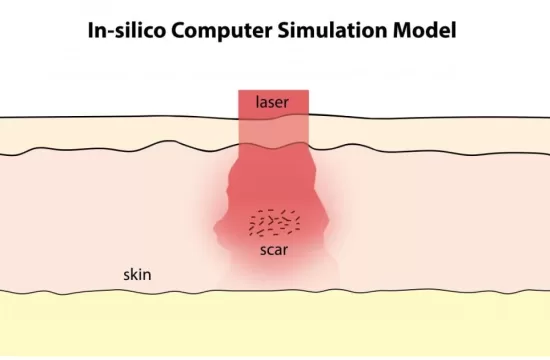 A gene variant affecting dopamine receptors in the brain could stack the deck against as many as 40 percent of Caucasian smokers who are trying to quit, according to a new study.
A gene variant affecting dopamine receptors in the brain could stack the deck against as many as 40 percent of Caucasian smokers who are trying to quit, according to a new study.
The Taq1A gene variant on the part of the genome that codes for the dopaminergic reward pathway was linked to a lower chance of quitting smoking for those with the less-frequent A1 polymorphism, according to the meta-analysis, published Tuesday in the journal Translational Psychiatry.
“We conclude that the polymorphism of Taq1A has an important role in the process of abstaining from smoking, and smokers carrying A2/A2 genotype have a higher likelihood of smoking cessation than those who carry A1/A1 or A1/A2,” write the authors, from Zhejiang University in China and the University of Virginia.
The scientists evaluated 22 previous studies – including one that had identified the same connection between the gene and quitting – but which didn’t have enough data to make the conclusions statistically significant.
[pullquote]Limitations meant the results should be interpreted with caution, the authors warn.[/pullquote]
But this time, the data focused on the nicotine habits and genomes of more than 11,000 Caucasian participants, which was enough data to notice a pattern, they said. (The sample size was not big enough for people of Asian descent to draw a conclusion, they added.)
The A2 variant brought a 22 percent greater chance of quitting nicotine, they found.
Limitations meant the results should be interpreted with caution, the authors warn. Other parts of the complex genome might also have an effect on the cessation rates, and medical interventions including drugs or nicotine replacement may complicate the results, they add.
But the genetic clues mean there could be an individualized way to help people with different genetic stuff kick the habit, they add.
“Our results provide supportive evidence for further investigation of personalized medicine for smoking cessation according to individual genotypes,” they write. “However, research on this problem remains in its infancy.”







